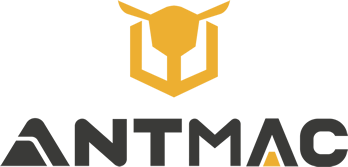Global Electrical Adaptation Guide: How Aerial Work Platforms Easily Navigate Charging and Plug Differences Worldwide?
As the globalization of aerial work platforms accelerates (e.g., Ant Company’s 2025 export orders surged by 68%), the charging compatibility and plug adaptability of equipment in different countries have become key concerns for overseas customers. From the 120V low-voltage power grids in the United States to the 230V high-voltage standards in Europe, and from the "one round, two flat" American-standard plugs to the "three square-pin" British-standard plugs, differences in electrical environments directly affect equipment deployment efficiency and safety. This article, combined with global electrical standards, details adaptation solutions for aerial work platforms—especially plug-in equipment and battery-powered models.
I. Voltage and Frequency: The Core of Equipment Adaptation
The motors, chargers, and control systems of aerial work platforms are highly sensitive to voltage and frequency. Global mainstream electrical standards fall into two main camps:
Low-Voltage Camp (100-130V, primarily 60Hz)
Represented by the United States, Canada, and Japan (120V/60Hz in the U.S.; 100V/50-60Hz in Japan). Plug-in equipment in these markets (such as wheeled scissor lifts) risks motor burnout from voltage overload if directly connected to 220V grids.
▶ Ant’s Solution: All exported equipment comes standard with wide-voltage adaptive chargers (100-240V universal), compatible with 50/60Hz frequencies. No manual adjustment is needed for stable charging in low-voltage markets. For example, the Vehicle mounted telescopic boom lift exported to the U.S. maintains the same charging efficiency as in China.
High-Voltage Camp (220-240V, primarily 50Hz)
Covering over 120 countries including China, the EU, and the Middle East (220V/50Hz in China; 230V/50Hz in Germany). These markets prioritize electrical efficiency, but note "mixed standards" in some countries (e.g., Sweden and Russia have both 110V and 220V grids).
▶ Ant’s Solution: Battery-powered models (such as aluminum alloy vertical lift platforms) feature built-in intelligent voltage protection modules. If mistakenly connected to low-voltage grids, the system automatically triggers power-off protection to prevent battery damage from over-discharge.
II. Plug Specifications: Decoding Global "Interface Codes"
Plugs are the "first gate" for equipment to connect to local grids. Design differences—from shape and pins to grounding—directly affect whether plug-in equipment can "plug and play." Below are adaptation solutions for four major markets:

American-Standard Markets (U.S., Canada, Japan, etc.)
Plug features: "One round, two flat" (Type A/B), with voltages of 110-120V.
▶ Ant’s Customization: Scissor liftsSpider-type aerial equipment Spider-type aerial equipmentexported to this region are pre-installed with Type B plugs (with grounding pins), matching North American industrial sockets to eliminate the need for customers to purchase additional adapters.

European-Standard Markets (Germany, France, Spain, etc.)
Plug features: "Two round pins" (Type C/E/F), with voltages of 220-230V.
▶ Ant’s Customization: Spider-type aerial equipment comes standard with Type F plugs (with grounding strips), 适配 ing industrial sockets in Germany, the Netherlands, etc., to meet temporary charging needs for narrow-space operations.
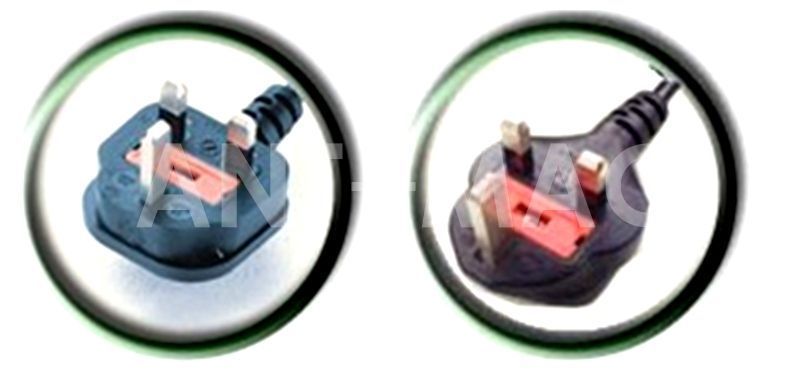
British-Standard Markets (U.K., India, Singapore, etc.)
Plug features: "Three square pins" (Type G), with voltages of 230-240V.
▶ Ant’s Customization: The boom lift Vertical lift platformsVertical lift platformsfor an 800-meter landmark project in the Middle East is pre-installed with Type G plugs, compatible with 3-phase industrial sockets at local construction sites to support high-intensity continuous operations.
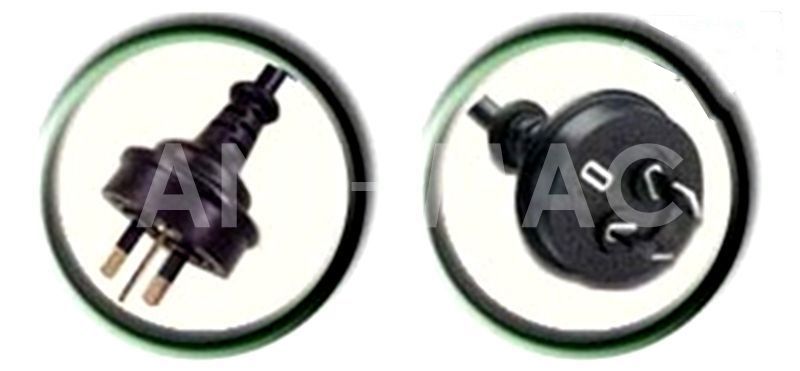
Australian-Standard Markets (Australia, New Zealand, etc.)
Plug features: "Three flat pins" (Type I), with a voltage of 230V.
▶ Ant’s Customization: Vertical lift platforms are equipped with Type I plugs,
adaptationing indoor sockets in Amazon warehouses to meet low-noise charging needs for warehouse maintenance.
III. Practical Cases: "Seamless Charging" from Southeast Asia to Europe
Southeast Asian Highway Project: 100 wheeled scissor lifts delivered to Vietnamese customers. Since Vietnam uses both Type A (flat) and Type C (round) plugs, Ant provided "dual plug kits," allowing customers to switch based on on-site socket types—boosting charging efficiency by 40%.
German BMW Factory Renovation: 5 spider-type avoidance platforms were pre-installed with Type E plugs (with grounding holes), perfectly matching EU industrial standards. Combined with wide-voltage chargers, they achieved "plug-and-work" performance on 230V/50Hz grids, operating with zero faults to date.
Conclusion: Electrical Adaptation—A Litmus Test for Global Capability
For aerial work platforms, global electrical adaptation is more than "simple plug replacement"; it reflects end-to-end capabilities from design and production to after-sales service. Through wide-voltage compatibility technology, regional plug customization, and intelligent protection systems, Ant Company enables its full range of equipment—scissor lifts, telescopic boom lifts, spider-type platforms, etc.—to achieve "zero-threshold" charging in over 50 countries. As the Belt and Road Initiative deepens, such "worry-free electrical solutions" will become a core competitive edge for Chinese aerial work equipment in the global market.
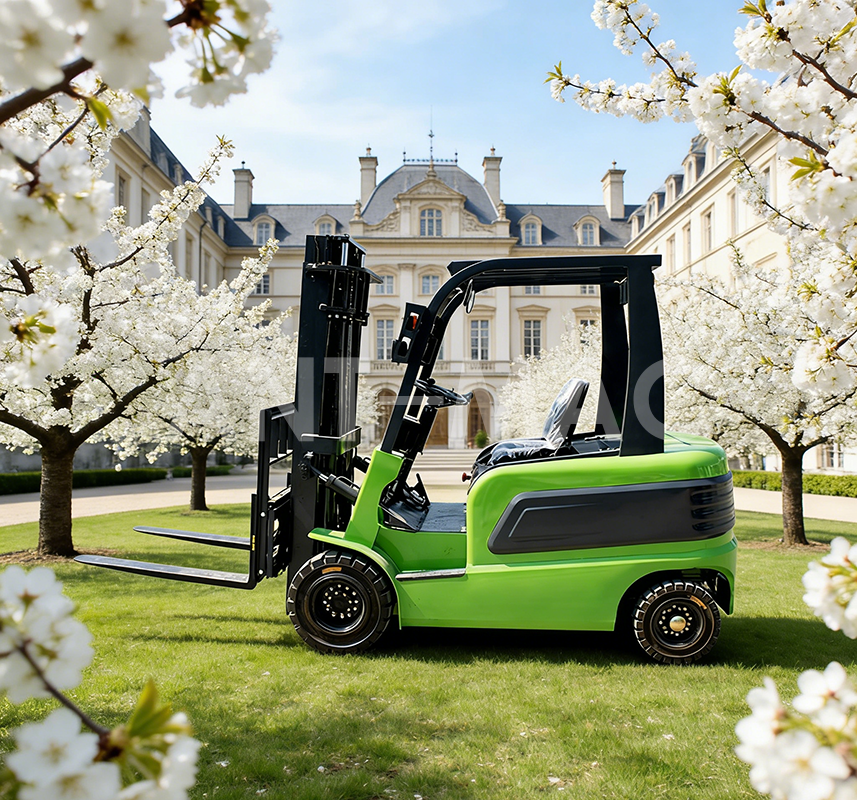 Data Speaks: Antmac's After-Sa
Data Speaks: Antmac's After-Sa
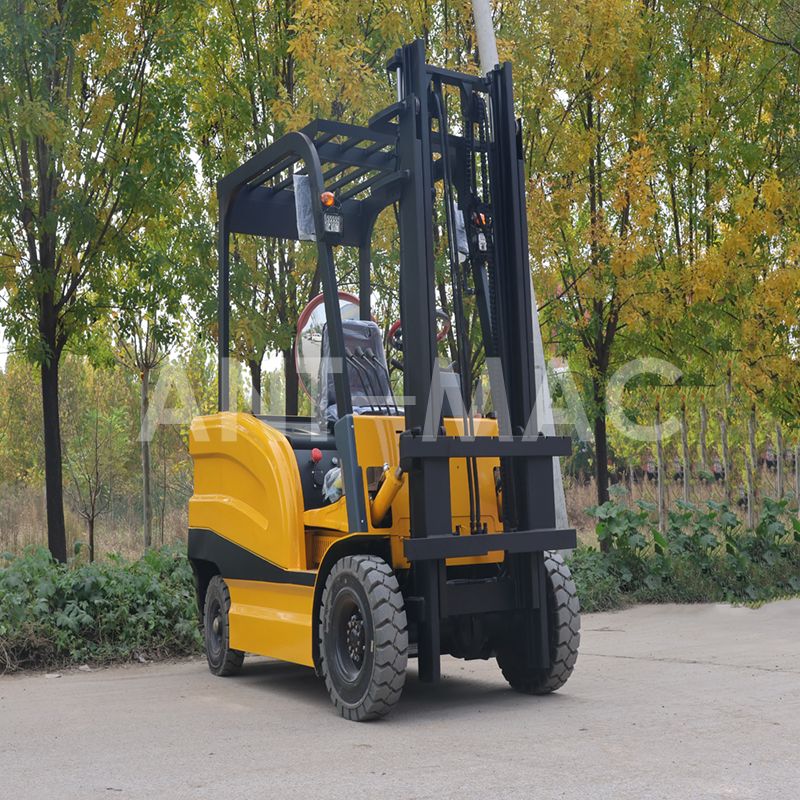 Industry Trendsetter: Antmac's
Industry Trendsetter: Antmac's
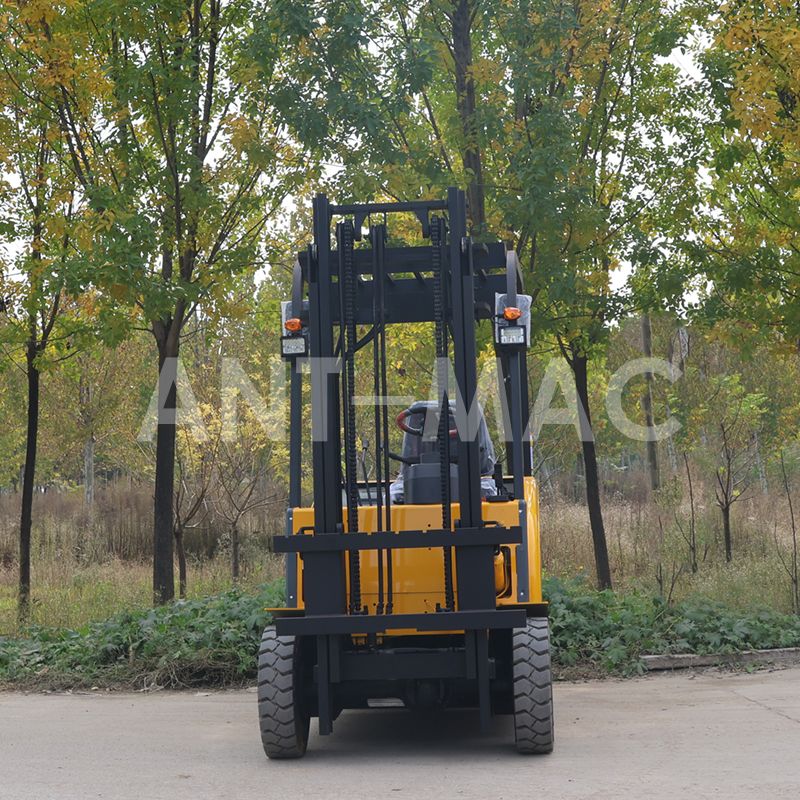 Antmac Leads Industry Upgrade
Antmac Leads Industry Upgrade
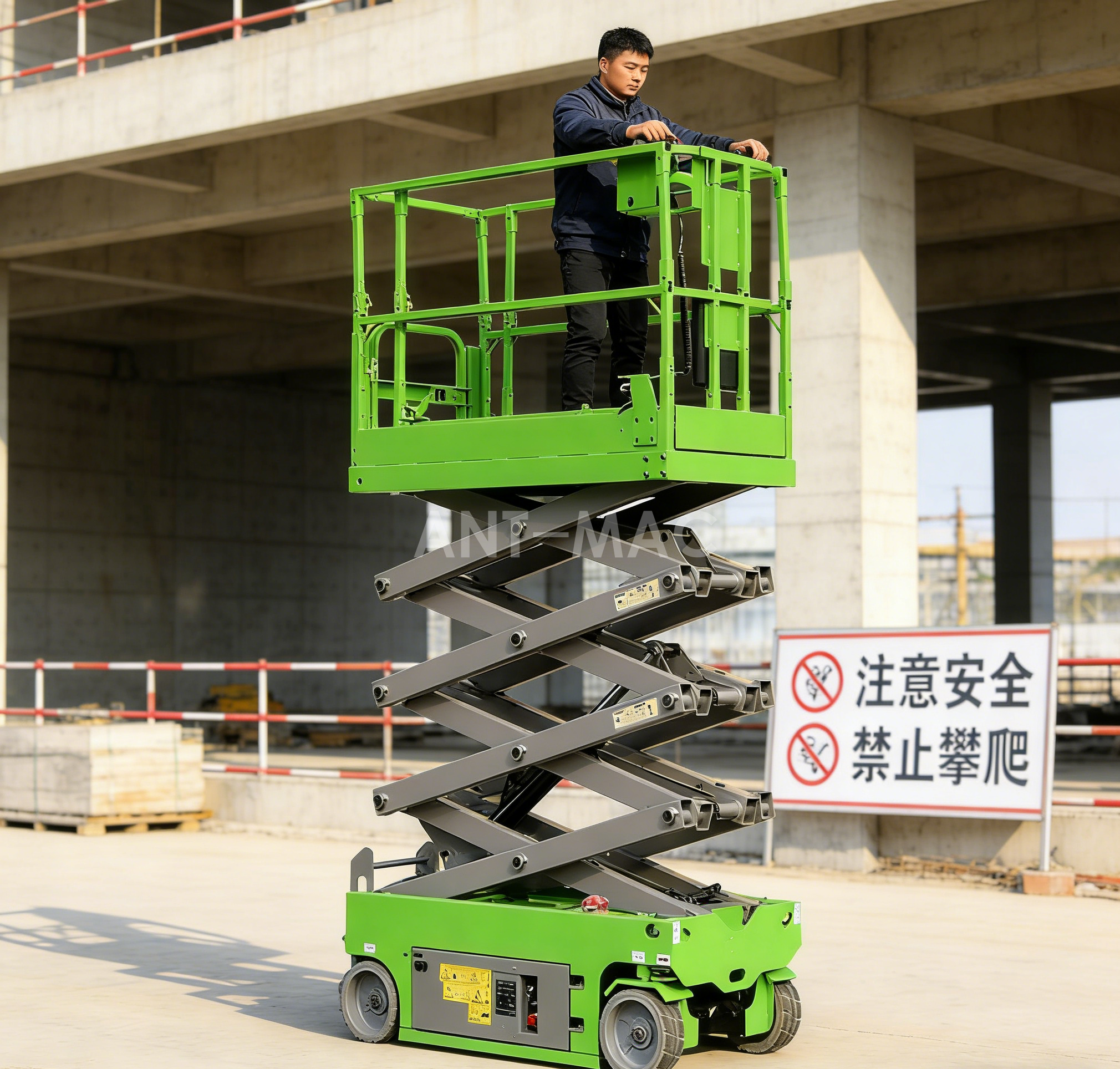 Beyond Lifting: Redefining Con
Beyond Lifting: Redefining Con
 Russian
Russian